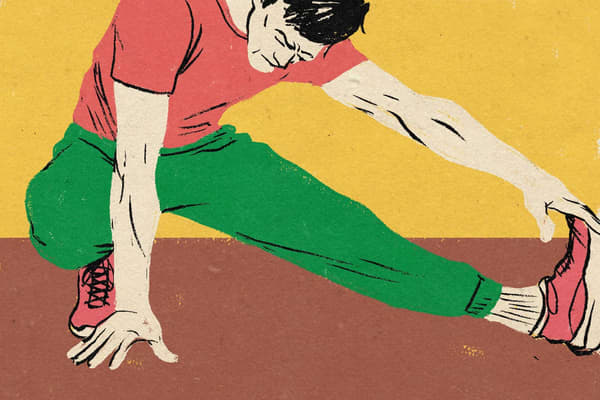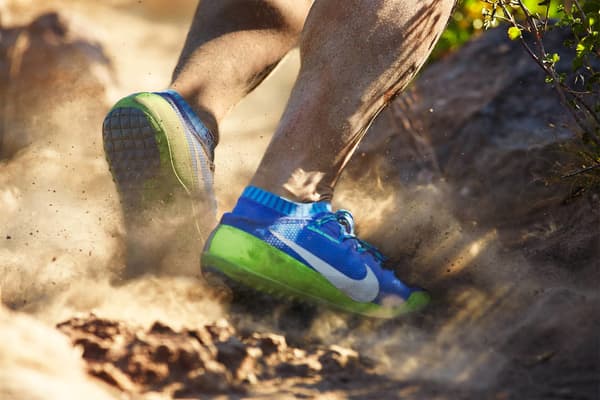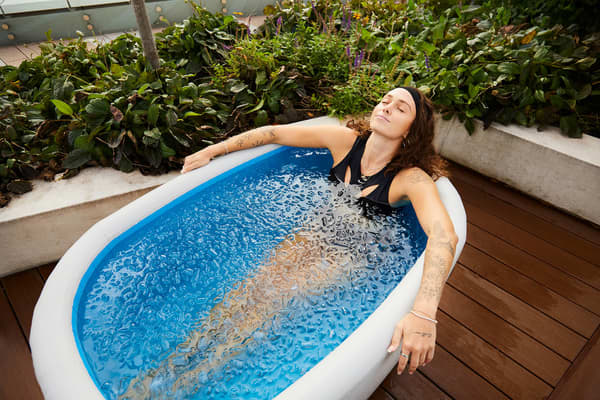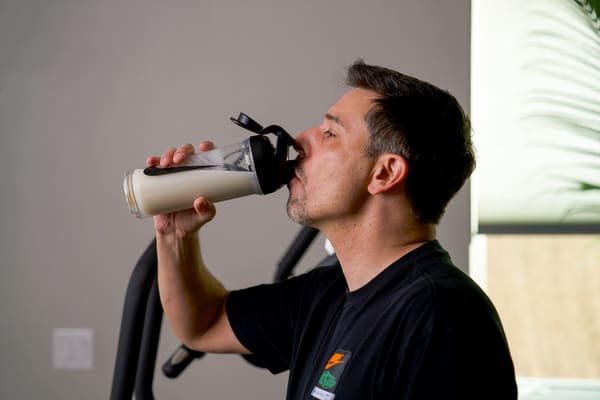How long should you wait to run after a meal?
Nutrition
A registered dietitian explains why it's critical to fuel before a jog and offers advice on how to avoid stomach cramps.
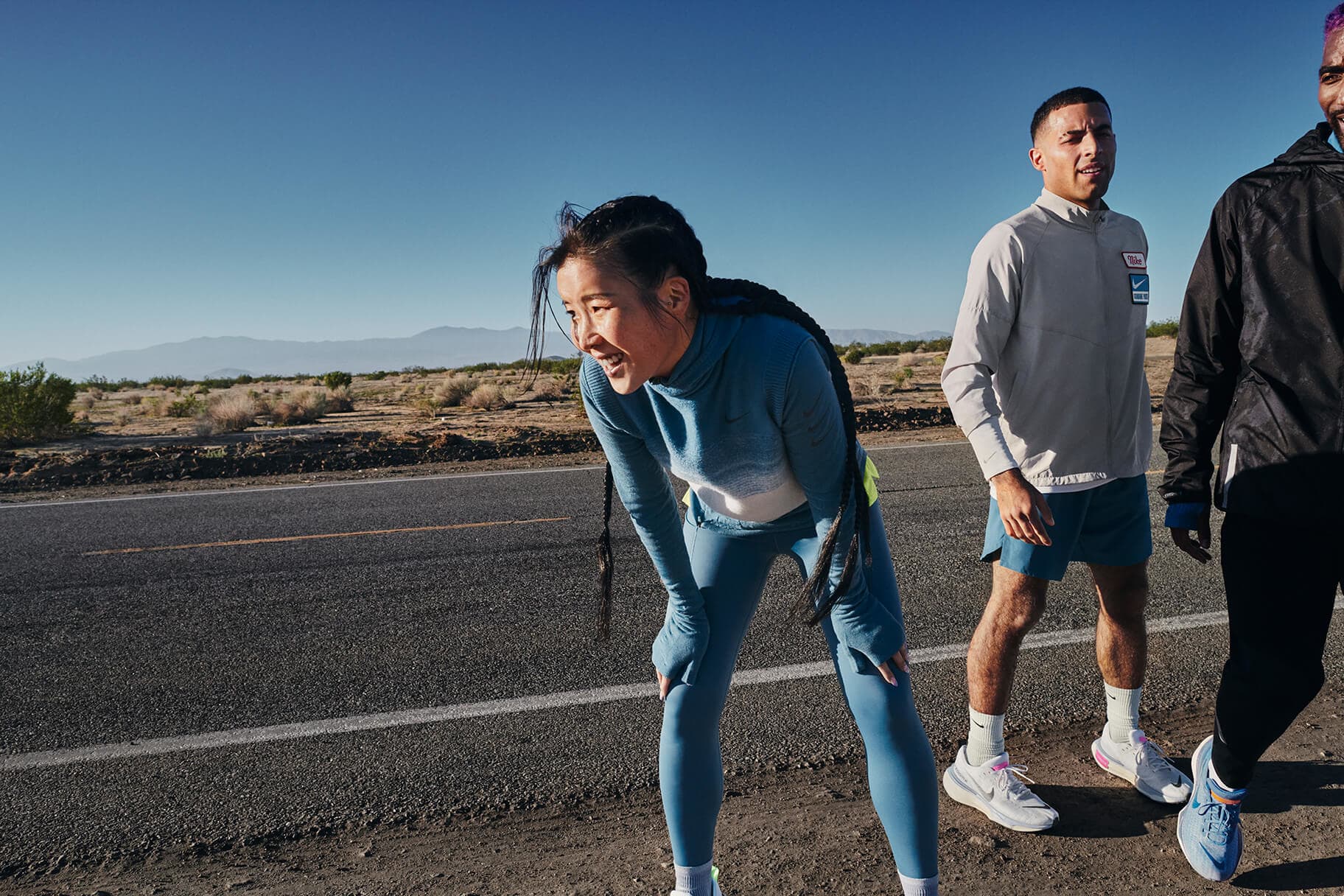
Going for a run without eating anything prior can not only negatively affect your workout, but it can also make the experience less enjoyable. Why? Running on empty can cause a handful of less-than-desirable symptoms including fatigue, dizziness and light-headedness.
The question is, how long should you wait to run after eating? And, if you are someone who likes to jog in the morning, is it wise to eat something before a run—especially if you're in a time crunch? After all, no one wants to have to deal with stomach cramps.
Deciding when to lace up your running shoes after eating depends on multiple factors like the size of the meal and its components, as well as the intensity and duration of the run.
How long to wait after eating to run
The amount of time you should wait before heading out on your run depends on what type of food (and how much of it) you ate.
Foods rich in fat and fibre are notorious for causing stomach upset in runners because they take a long time to be digested. Here's why: fibre is a type of carbohydrate that the human body can't digest or absorb. Although this nutrient is critical for overall health and well-being, more time is needed to digest high-fibre foods than lower-in-fibre options. This means eating high-fibre foods prior to jogging can lead to cramping or bloating if you jet out for a run as the food is still trying to digest.
As is the case with high-fibre dishes, high-fat meals cause delayed gastric emptying, meaning food takes longer to move through the digestive tract. In other words, it may make you feel like food is just sitting in your stomach during your run.
When enjoying both fibre and healthy-fat-rich meals, like a large salad with cheese and olive oil drizzled on top or a yoghurt bowl with berries and granola, it's smart to wait at least two to three hours before running. This way you can ensure some of the meal has moved through your stomach.
Smaller, snack-size quantities of foods, such as a handful of nuts and berries, won't take as long to digest. Although there is no definitive timeline, waiting about 30 to 60 minutes to go running after munching on a snack that's a good source of both fibre and healthy fats will decrease the risk of gastrointestinal upset.
Now, if you're in a bit of a rush, the best thing to eat before a run that's less than 60 minutes away is something that's both convenient and quick to digest. Think: simple carbohydrates like a piece of toast, banana, handful of crackers or small container of apple sauce. All of these foods are low in fibre and, when consumed without fat or protein, they are digested quickly.
However, if you're planning on doing a long run, it's best to fuel with more food, so be sure to give yourself enough time in advance. According to a 2017 position paper in the Journal of the International Society of Sports Nutrition, if you're heading out on a run for longer than 60 minutes, a small snack will not be enough fuel and you will probably need to take something to eat while on your run.
That said, every runner is different when it comes to how much time they need to wait after eating a snack (whether simple or hearty). You may be someone who can head out the door immediately after nibbling, whereas others may need to wait 20 to 30 minutes.
Consider working with a health professional, such as a registered dietitian, to figure out what foods may be best for you to consume prior to a run.
(Related: What to eat before and after a workout)

What happens if you run too soon after eating?
How long to wait after eating before going on a run looks different for everyone, meaning you'll need to figure out what works best for your body.
If you're new to running, it's especially wise to experiment with how much time you need to wait after consuming snacks and meals. However, this trial period might be a bit uncomfortable on the gastrointestinal front. One potential issue that can arise when running on a full stomach is GI distress, which can range from nausea and gas to bloating and cramps.
Another reason to avoid running too quickly after eating has to do with blood flow. When running, blood flow to major muscles in the leg is needed to transport oxygen and keep momentum going. During and after eating, blood flow is directed to the gastrointestinal tract to support digestion. Running and digesting are two competing activities that cannot be accomplished optimally when occurring together.

What to eat based on the timing of your run
1. Morning runs
The research on whether running in a fasted state has any benefits is mixed. And while running fasted might help with weight loss (if that's your goal), it may not help your running performance.
If you prefer to wake up and hit the pavement, track or trail, consider making your dinner the night before rich in complex carbohydrates (such as quinoa or sweet potato), protein and healthy fats. This way you will have some nutrition in the tank to get you through your run in the morning.
If running on empty doesn't work for you, and you plan to run for less than one hour, a small snack like a piece of fruit or a handful of cereal will provide the fuel you need to get through the run. And, as long as you wait at least 20 minutes, you probably won't have any GI distress.
(Related: What to eat before you run a race)
2. Afternoon runs
What to eat before your afternoon run depends on what your lunch looked like and the time you had it. You should wait at least two hours to run after eating a meal that includes fats, protein and carbs. However, if your lunch was more than four hours before you lace up your sneakers, you might want to top off your fuel reserve by having a few crackers, pretzels or a piece of fruit.
3. Evening runs
Running before dinner? Consider eating a small- to medium-size snack about one hour before running. Some ideas include half a turkey or peanut butter and jam sandwich, one small container of yoghurt with fruit, or houmous with pitta bread. However, if you are short on time, a quick-to-digest carbohydrate such as the foods mentioned for afternoon runs (crackers, pretzels, fruit) will suffice.
The bottom line
At the end of the day, identifying the right amount of time to wait before running requires a highly individual approach. Working with a running coach or registered dietitian can help streamline the process, if you have access to either or both. You can also keep track of pre-run meals and snacks, along with the results of your run, in a journal to make sure you nail down your pre-run nutrition plan.
Words by Sydney Greene, MS, RDN.

